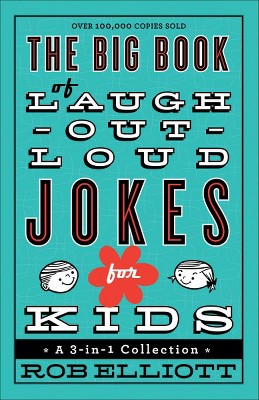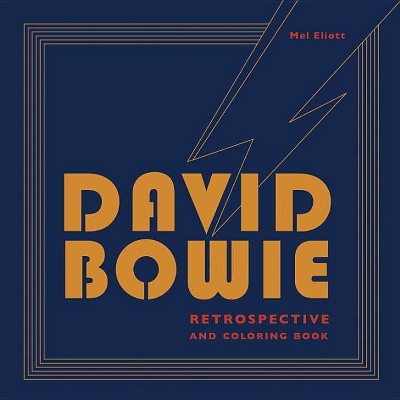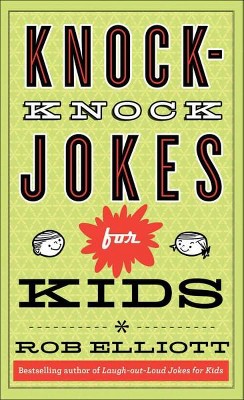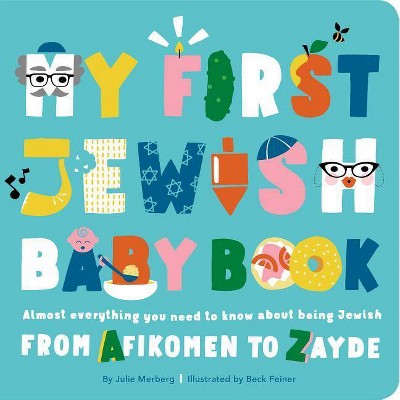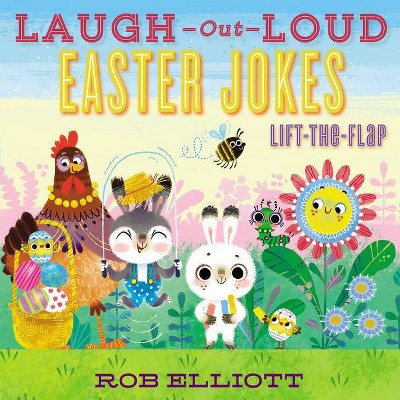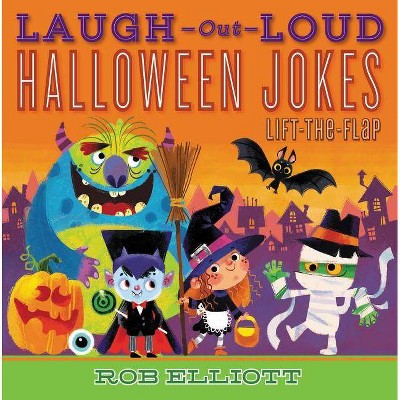The First Book of Jewish Jokes - Annotated by Elliott Oring (Paperback)
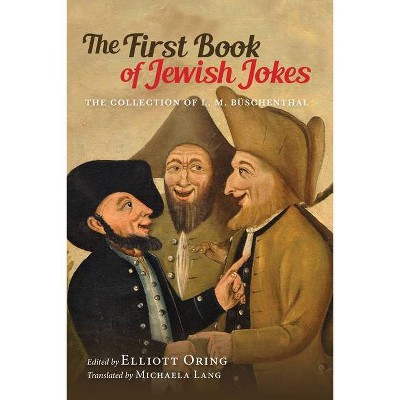
Similar Products
Products of same category from the store
AllProduct info
<p/><br></br><p><b> About the Book </b></p></br></br><p>1. This book is the first English translation of two collections of Jewish jokes that are over 200 years old. </p> <p>2. The collections of jokes have been carefully annotated by the editor and a few other major scholars of folklore and humor. The editor has also written critical contextualizing material that set the joke books into their historical context. </p> <p>3. The editor's work on jokes and humor has been highly influential in the field. This book is an exciting bridge between two major areas of research and publication: Folklore and Jewish Studies.</p></p><p/><br></br><p><b> Book Synopsis </b></p></br></br><p>Works on Jewish humor and Jewish jokes abound today, but what formed the basis for our contemporary notions of Jewish jokes? How and when did these perceptions develop? In this groundbreaking study and translation, noted humor and folklore scholar Elliott Oring introduces us to the joke collections of Lippmann Moses Büschenthal, an enlightened rabbi, and an unknown author writing as "Julius Ascher." Originally published in German in 1812 and 1810, these books include jokes and anecdotes that play on stereotypes. The jokes depict Jews dealing with Gentiles who are bent on their conversion, Jews encountering government officials and institutions, newly propertied Jews attempting to demonstrate their acquisition of artistic and philosophical knowledge, and Jews engaged in trade and moneylending--often with the aim to defraud. In these jokes we see the antecedents of modern Jewish humor, and in Büschenthal's brief introduction we find perhaps the earliest theory of the Jewish joke. Oring provides helpful annotations for the jokes and contextualizing essays that examine the current state of Jewish joke scholarship and the situation of the Jews in France and Germany leading up to the periods when the two collections were published. Intended to stimulate the search for even earlier examples, Oring challenges us to confront the Jewish joke from a genuine historical perspective.</p><p/><br></br><p><b> Review Quotes </b></p></br></br><br><p><em>The First Book of Jewish Jokes</em> is an interesting hybrid: a joke book that offers a glimpse of what was considered funny in the past and two excellent essays by Oring that place the jokes into historical context. Readers interested in Jewish folklore and those curious about the nature of Jewish humor in the 19th century will find this work of interest.</p>-- "The Reporter Group"<br><br><p>All told, this is an excellent piece of scholarship. . . it can serve as a capstone to Elliott Oring's lifetime project on understanding the joke and the Jewish joke in particular. </p></p>-- "Western Folklore"<br><br><p>As a reference text, both Oring's analysis and Lang's translation will prove to be invaluable to scholars looking for the etiology of a certain comic trope, or those trying to trace the history of certain comedic ideas.</p>-- "Reading Religion"<br><br><p>Oring . . . provides readers with an opportunity to test his ideas about Jewish jokes on a rich set of empirical material. Going back to one of the first known sources of Jewish jokes, he helps us to trace their genesis.</p>-- "European Journal of Humour Research"<br><br><p>The present volume contains a complete critical edition of both works, translated from the German by Michaela Lang and annotated with analogs from other Jewish joke collections. Elliott Oring has added a concordance of texts that Büschenthal took from Ascher and two lengthy introductory chapters discussing the collection and its author and describing the social and political life of European Jews in Büschenthal's day. . . . Perhaps the most significant question that Oring addresses in this work is this: Why did Jews adopt the joke genre as a symbol of their nationhood (7)? Büschenthal's project was meant, as his subtitle put it, as a contribution to the characterization of the Jewish nation, intended to both showcase Jewish distinctiveness and humanize their image.</p>--Moira Marsh "Journal of Folklore Research"<br><br><p>The title <i>The First Book of Jewish Jokes</i> may seem to indicate that this book is a joke collection. It is, but it is also a complex, demanding work, rich in context and interpretation, engaging and compelling.</p>--Steve Siporin "Folklore"<br><p/><br></br><p><b> About the Author </b></p></br></br><p>Elliott Oring is Professor Emeritus of Anthropology at California State University, Los Angeles. He is author of <i>Joking Asides: The Theory, Analysis, and Aesthetics of Humor, </i> <i>Engaging Humor, </i>and<i> Jokes and Their Relations.</i> He is also past editor of <i>Western Folklore </i>and is currently on the editorial boards of <i>Humor: International Journal for Humor Research</i> and <i>Journal of Folklore Research.</i>
Price History
Price Archive shows prices from various stores, lets you see history and find the cheapest. There is no actual sale on the website. For all support, inquiry and suggestion messages communication@pricearchive.us

